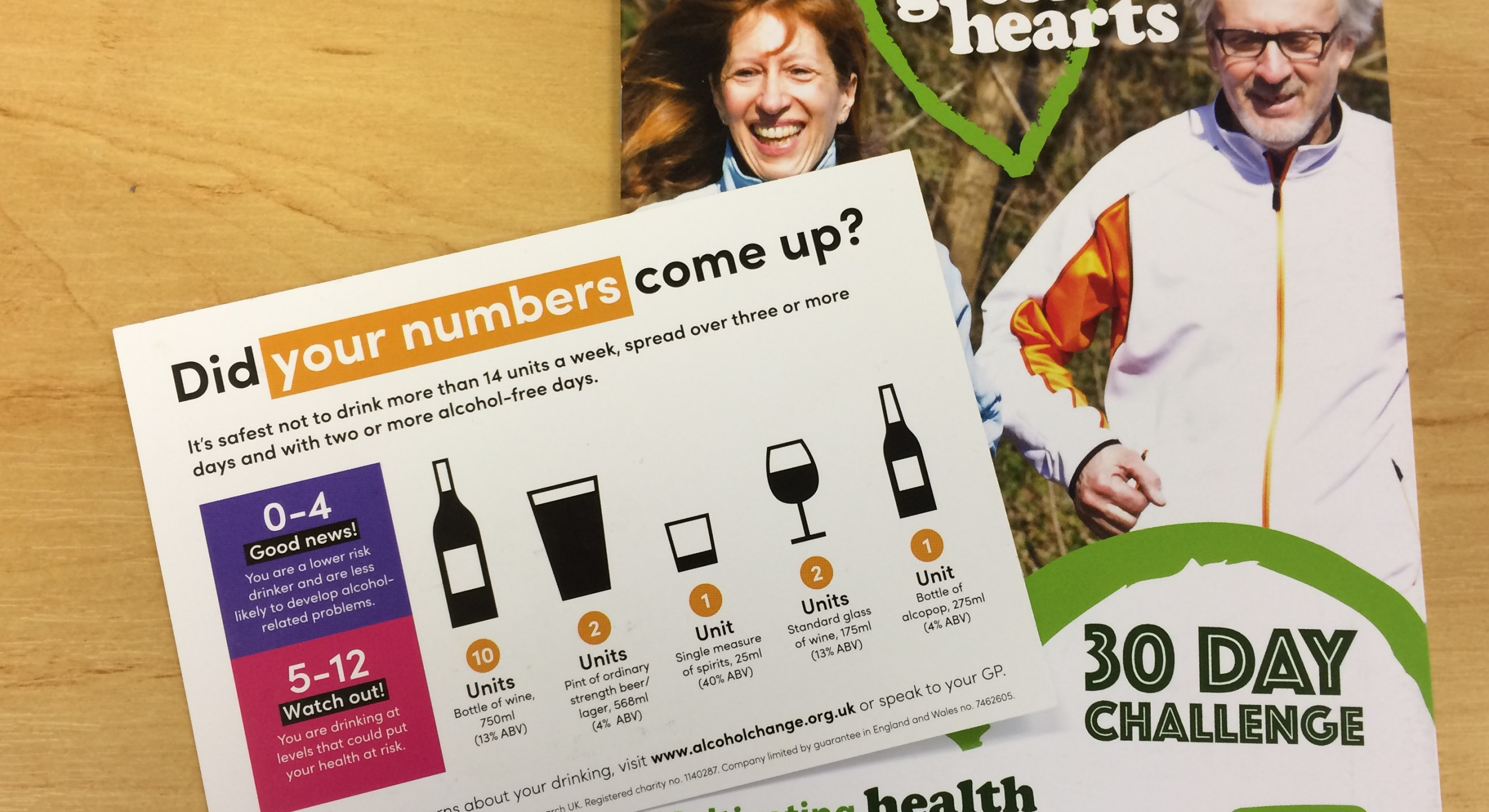Alcohol consumption has been linked to a range of issues from depression and memory loss to suicide.
Alcohol starts to alter your state from the moment you take your first sip. After drinking one to two units of alcohol, your heart rate speeds up and your blood vessels expand, as you continue to drink your Central Nervous System and brain are altered – affecting our judgement and decision making, co–ordination, focus, concentration, and ultimately our behaviour
While a glass of wine or a pint might help you relax in the present moment, in the long run it can contribute to feelings of depression and anxiety and make stress harder to deal with. This is because regular, heavy drinking interferes with neurotransmitters in our brains that are needed for good mental health. These are chemical messengers that transmit signals throughout the body and play a large role in controlling behaviour, emotions and physical activity.
According to the Mental Health Foundation, regular consumption of alcohol decreases level of the brain hormone serotonin – a key chemical in depression As a result of this depletion, a cyclical process begins where one drinks to relieve depression, which causes serotonin levels to be further deleted, thus necessitating even more alcohol to medicate the depression.
Recommended Intake:
With so many different drinks and glass sizes, from shots to pints – not to mention bottles – it’s easy to get confused about how many units are in your drink. To keep health risks from alcohol to a low level if you drink most weeks:
- men and women are advised not to drink more than 14 units a week on a regular basis
- spread your drinking over 3 or more days if you regularly drink as much as 14 units a week
- if you want to cut down, try to have several drink–free days each week
Fourteen units is equivalent to 6 pints of average–strength beer or 10 small glasses of low–strength wine.
Tips for managing your alcohol intake:
· Track your intake. Stay withing the recommended maximum intake of 14 units by using a tracker to monitor your intake.
· Know your motivations. There are countless reasons and benefits to limit alcohol intake, but it is important that you find the ones that are in line with your values and what’s meaningful to you. Otherwise, it can be more difficult to align your behaviour with your intentions.
· Try smaller serving sizes such as bottles instead of pints or 125ml instead of 250ml glasses of wine.
· Dilute your drink by adding more ice or by having a spritzer or shandy.
· Experiment with zero–alcohol options.
If you’re worried about your mental health or alcohol consumption, you can speak to your GP for advice. Alternatively, you can visit the Mind Charity website for a list of organisations that can support you.
Visit Drink Aware for more information on how to manage your alcohol intake.
